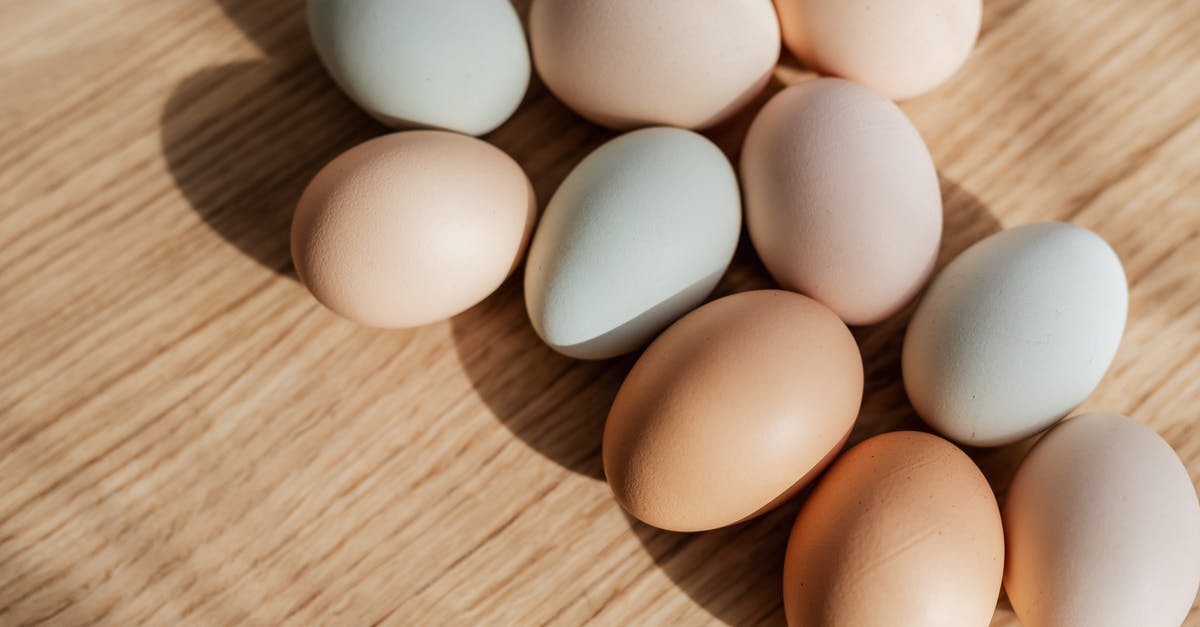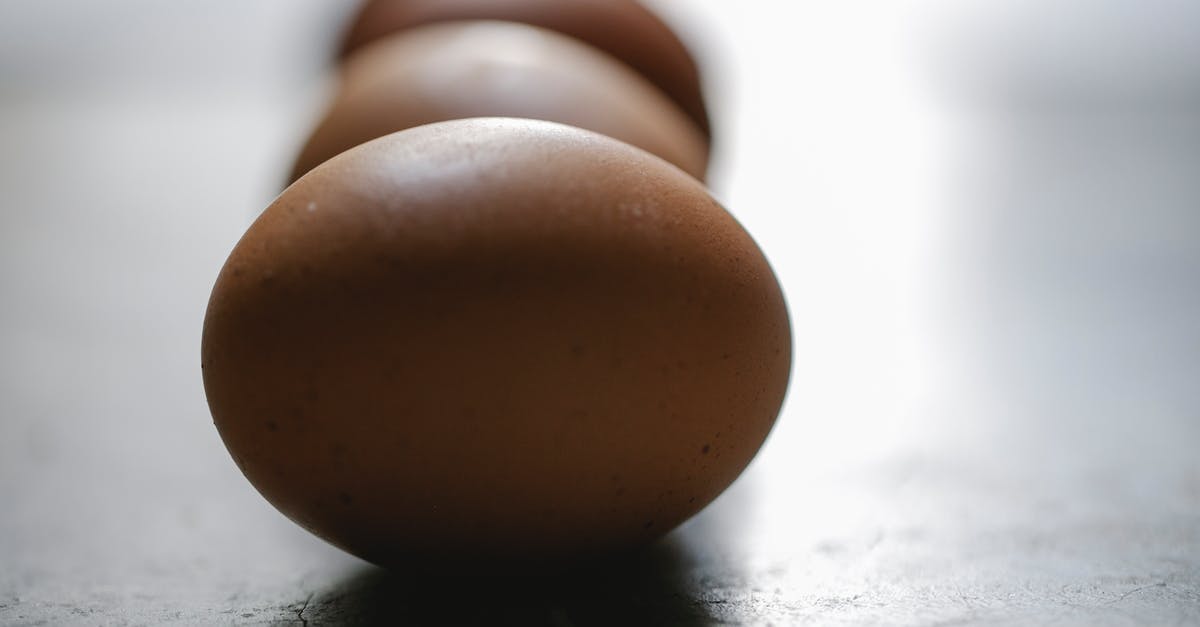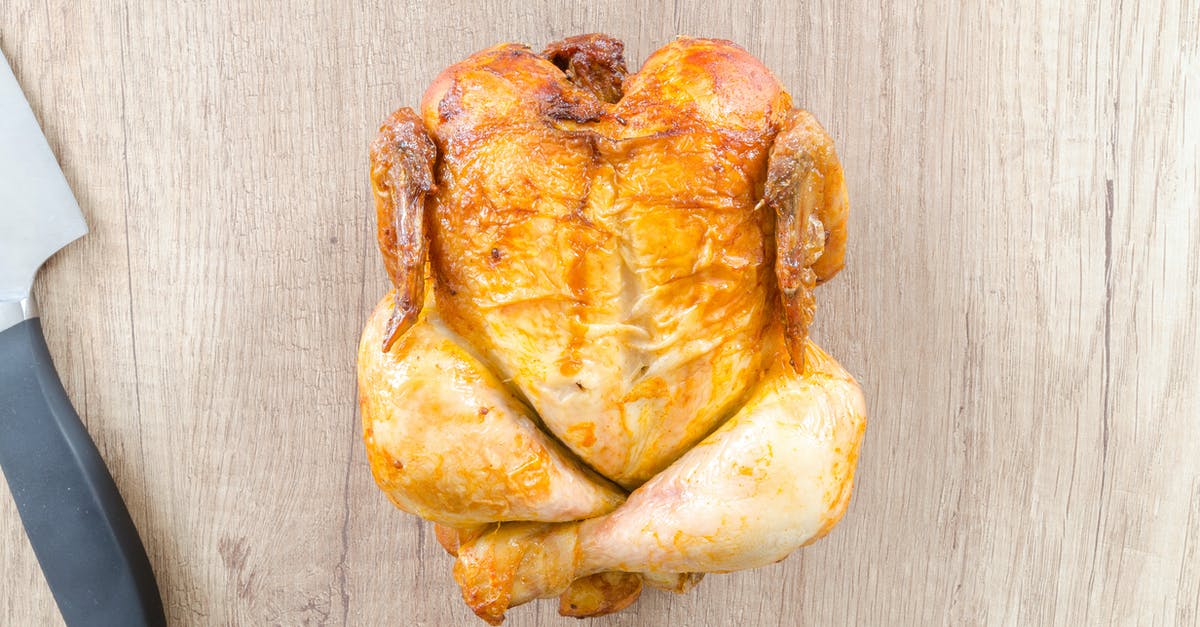A method to "speed up" marinating or an equivalent way to cook chicken

For chicken, I like to marinate or bake in the oven with spices. However, whenever I get chicken for the same day to cook, I usually do not have enough time to marinate overnight. I was wondering if there are things I can do to "speed up" the marination using some ingredient and/or culinary technique, or an equivalent technique to make it taste similar (i.e., balsamic vinegar and mustard/herbs marinade vs. cooking it in the oven using the same ingredients).
Best Answer
Marination can have a number of purposes and mechanisms, the biggest four of which I'll talk about here: Salt, acid, enzymes and miscellaneous flavour compounds.
Salt
Salt can do a few things; firstly and most obviously, it seasons; salt tastes good, and it makes things that already taste good taste even better. Salt can also make meat hold on to liquid better; as it permeates throughout the meat it interacts with some of the proteins, 'unfolding' them a little and making them less prone to tangle together and shrink on heating, meaning they'll squeeze out less liquid.
These processes take time, and for salt, generally, longer is better, though eventually, with enough salt and time, you're not so much marinating as curing your meat. For salt, it will take as much time as you give it, but even a short-term salting will improve your end product.
Acid
The second thing a marinade often has is acid. Fruit juice, vinegar and wine are all common acids for marinades, but there are many other options. Acid also works on the proteins in the meat, but it's not as gentle as the salt; a short marinade can tenderise, but a longer one - anywhere past a few hours - can denature the proteins so much that your meat turns mushy. For acid, a short marinade is generally best.
Enzymes
There are certain ingredients that contain enzymes that work on protein; some fruits, like pineapple, kiwi and papaya, some funguses like koji and to a certain degree fermented dairy like yoghurt will work on meat in a similar way to acid; tenderising, then after too much marination, rendering mushy and chalky in texture. Dairy and koji can be somewhat gentler here; tandoori chicken, for example, involves a reasonably long yoghurt-based marinade, but generally you want to have a good idea of what you're doing with enzymes and marination.
Everything else
Other components of marinades, be they spices, herbs, aromatics like garlic, shallot or onion, chillies and most anything else not included in the categories above, don't really penetrate into the meat, regardless of how long they're left marinating. The flavour molecules are simply too big to squeeze into the web of proteins, so they stay on the surface. As such, they're not generally very time sensitive in a marinade; once it's on the surface, it's going to stay there. Some oil or fat can help the fat-soluble flavours in some of these spread more evenly over the surface of the meat, but that's not really a time-sensitive operation either.
In conclusion, you might not need as long a marinade as you thought; the only thing that's really going to benefit from an overnight marinade is the salt, and even that is often happy enough with a shorter marinade. Oftentimes, overnight marinades are a result of convenience; if you left your meat marinating last night, then it's easier to just get home from work and cook it up, rather than having to do the marinade and then wait for it to take action before you can finally have dinner.
Pictures about "A method to "speed up" marinating or an equivalent way to cook chicken"



How do you speed marinate chicken?
Marinating is the process of soaking foods in a seasoned, often acidic, liquid before cooking. The origin of the word alludes to the use of brine (aqua marina or sea water) in the pickling process, which led to the technique of adding flavor by immersion in liquid.What cooking method is marinating?
Add Fat. Any kind of fat\u2014like butter and oil\u2014is a heat conductor, so it'll help the chicken cook faster. Plus, fat helps give flavor to cuts like chicken breasts. So go H.A.M. on that butter.How can I speed up chicken cooking?
Let the Marinade Do the WorkThe longer you let your protein soak, the less time it takes to cook. In fact, some fish products, like ceviche, actually \u201ccook\u201d fully in the marinade, with no application of heat required!Chicken with shao xing wine 花雕鸡
Sources: Stack Exchange - This article follows the attribution requirements of Stack Exchange and is licensed under CC BY-SA 3.0.
Images: Julia Filirovska, Karolina Grabowska, Klaus Nielsen, Lukas
